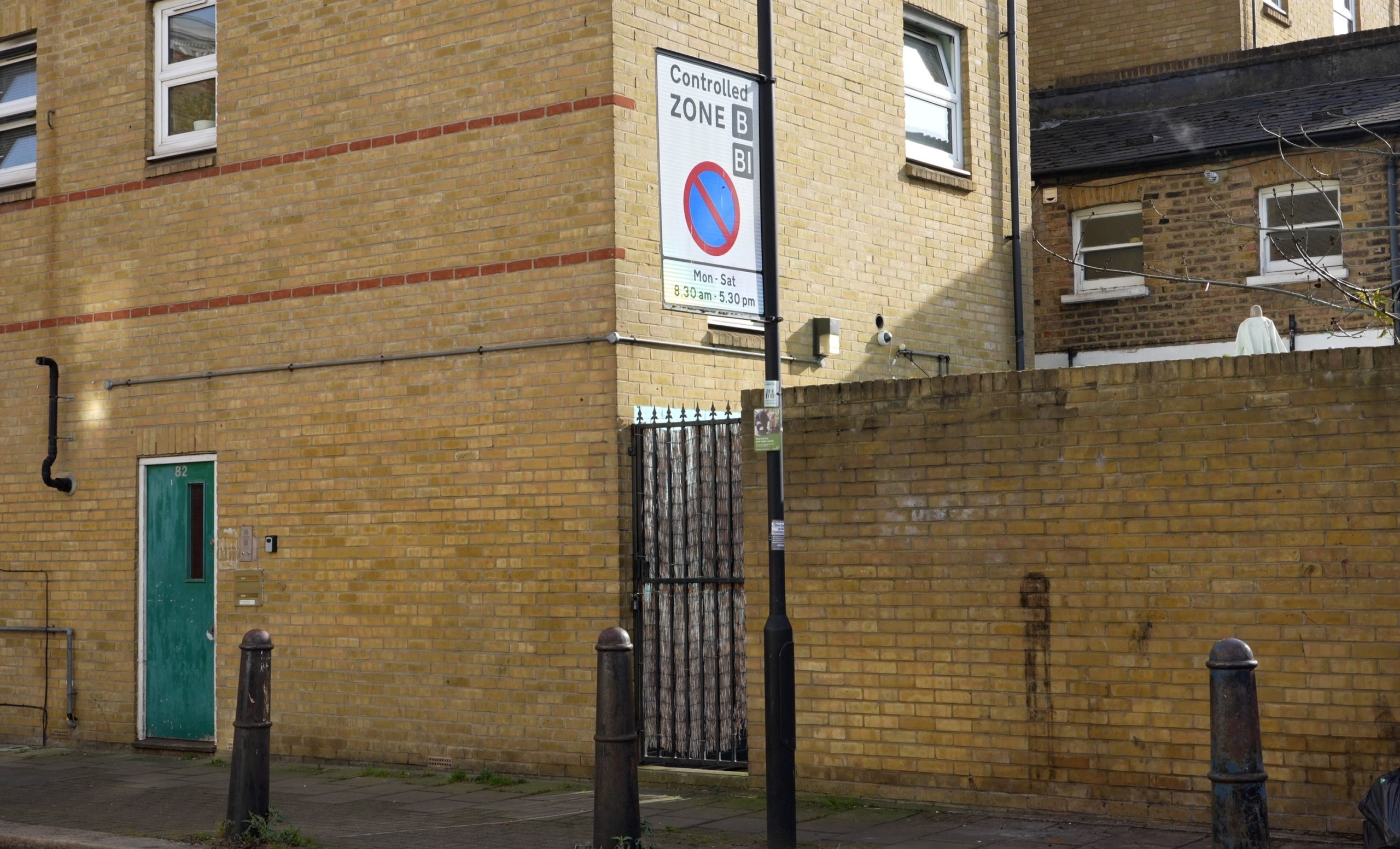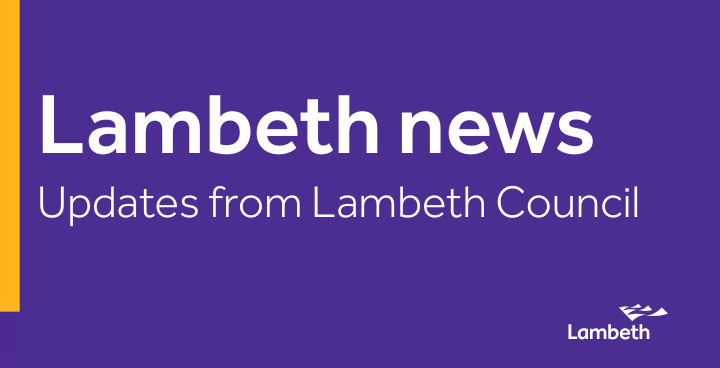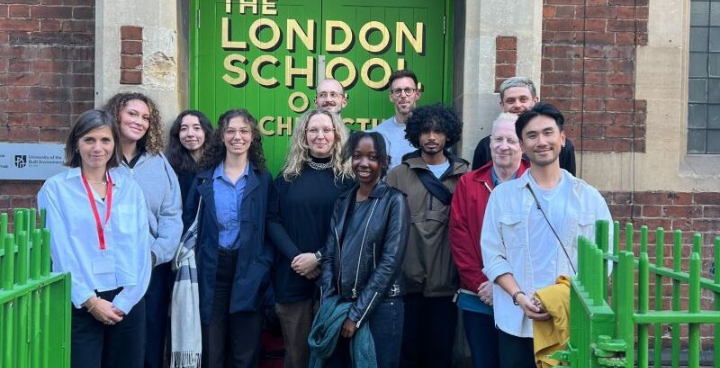
The new structure will ensure that drivers of vehicles that produce toxic carbon dioxide emissions will pay more to park across Lambeth – helping to tackle climate change and make our streets safer and more pleasant for all.
Any additional revenue generated through parking permits will be invested in helping fund activities including the provision of public transport services, highway maintenance and improvements, and environmental projects.
This will help sustain public transport fare concessions, including the Freedom Pass. Lambeth will also promote low-cost active travel schemes including Try Before You Bike, cargo bike hire and child seats on bikes. Parents whose children get free meals will be eligible for a discount.
Lambeth has spent £4.75million on its Highways Improvement Programme (HIP), completing over 25 schemes, and refurbishing some 78,000 sq m of carriageway. The council has also committed £16million to improving transport in the borough – including investment in active travel and improving infrastructure.
A report on the changes, published on Friday, 28 April, said: “Today, the true cost to society of private motor vehicle use, relative to other uses, is not reflected in the price of our parking. The proposals set out in this report aim to introduce fair and proportional charges for parking and remove incentives to car use.”
Details of the emissions-based charging system come after the council announced an innovative Kerbside Strategy that will reclaim public space currently taken up by parking, and use it to introduce climate resilient infrastructure including more trees and parklets. Lambeth Council announced this week that it will build 25 new community parklets in one of the largest programmes of its kind, inviting residents to submit their designs to make streets greener and more pleasant public spaces.
Almost a quarter of Lambeth’s annual carbon emissions are linked to vehicles, despite lower car ownership levels compared to other London boroughs. Disadvantaged groups are even less likely to own a car, but more likely to be affected by the effects of car use such as poor air quality, climate change and road danger.
Word from the Cabinet
Cllr Rezina Chowdhury, Lambeth Council deputy leader and Cabinet Member for Sustainable Lambeth and Clean Air, said: “We were the first London borough to declare a climate emergency, and we have set a target to slash our carbon emissions to make Lambeth a Net Zero Borough by 2030..
“This new emissions-based pricing structure, along with the forward-thinking Kerbside Strategy and our Air Quality Action Plan, will ensure Lambeth can continue to tackle toxic air and make our shared spaces fairer and more accessible.
“These changes will make our parking fees structure fairer and more reflective of the different levels of pollution produced by vehicles – and ensure those who pollute the most are charged the most to park.”
Jemima Hartshorn, Founder and Director of the grassroots organisation Mums for Lungs, said: “We are delighted to see that Lambeth Council is recognising the huge damage cars, and especially diesel vehicles, are causing.
“Stunted and inflamed lungs, asthma, heart issues and cardiac issues are some of the illnesses linked to air pollution from transport, and this must be tackled. Lambeth is taking important steps by disincentivising parking and car ownership and thereby protecting children’s health.”
The new charging system will increase the number of parking bands from six to 13, to reflect the impact of vehicle emissions on air quality. It means drivers will be charged according to the car tax band of their vehicle, which is based on the CO2 emissions it produces, for both on and off-street parking permits.
The new set-up, to be brought in by a traffic order, will also increase diesel surcharges for all permit types and increase parking voucher charges for residents and traders. Local residents were consulted on the changes as part of a statutory consultation earlier this year.
Lambeth’s Climate Action Plan aims to reduce vehicle journeys by 27 percent, while increasing walking, cycling and public transport usage by 85 percent in order to become Net Zero by 2030. Lambeth’s Kerbside Strategy sets out clear principles for the kerbside, including for pricing, which mean that the financial cost of accessing this public space should be relative to the impact on our streets and local environment.
The Council’s Borough Plan sets the ambition that Lambeth will be a Net Zero Borough by 2030.
The transport infrastructure investment includes:
- £1.4million into cycling infrastructure including the delivery of the borough ‘Healthy Routes’, walking and cycling.
- Funding to deliver 5,000 new cycle storage spaces and secure on-street bike parking.
- £550,000 to implement 32 School Streets to support safe, active travel to and from school.
- £500,000 in making roads safer by reducing danger on our streets.



